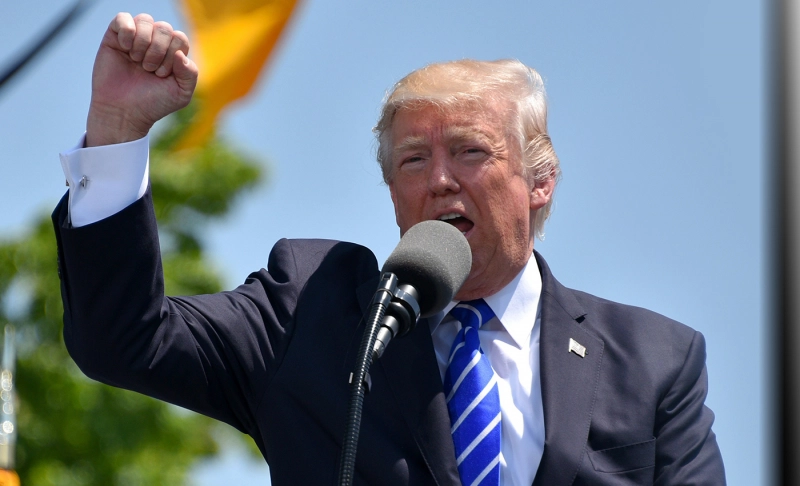By: Khagesh KG
September 29 2020

There have been five U.S. presidential elections in which the successful presidential candidate did not receive a majority of the popular vote.
There have been five U.S. presidential elections in which the successful presidential candidate did not receive a majority of the popular vote.The U.S. presidential election decides who will become President and Vice President for the following four-year term. In total, 58 elections that have been held since 1789 in U.S. history, 53 of the winners obtained the majority votes in both the Electoral College and the popular vote. But in five incredibly close polls, the Electoral College winner was, in fact, the loser of the popular vote. In 1824, Andrew Jackson received the most popular votes nationwide, but John Quincy Adams became President. Rutherford B. Hayes in 1876, became President even though Samuel J. Tilden won the national popular vote. In 1888, Grover Cleveland won the national popular vote, but Benjamin Harrison became President. George W. Bush in 2000 became President even though Al Gore won the national popular vote. Similarly, in 2016, Donald Trump became the U.S. President even though Hillary Clinton won the national popular vote.